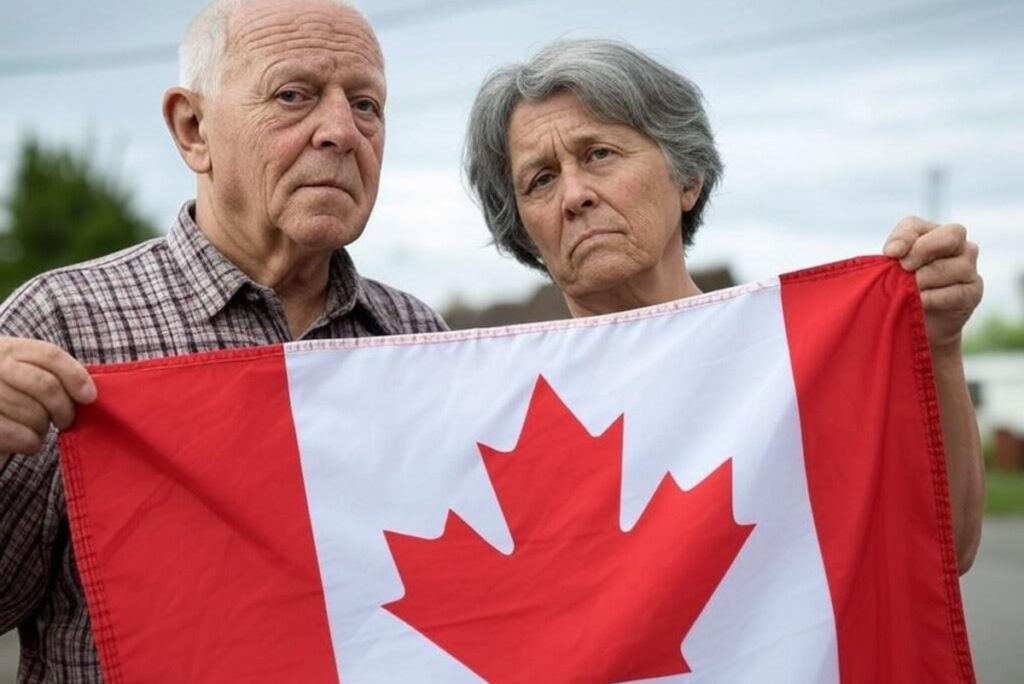
Introduction
The Parents and Grandparents Sponsorship program is a crucial pathway for Canadian citizens and permanent residents who wish to reunite with their loved ones from abroad. This immigration program allows eligible individuals to sponsor their parents and grandparents to come to Canada as permanent residents. With an increasing number of citizens advocating for family reunification, understanding the details of this program has never been more important.
Program Overview
Launched as a means to strengthen family ties, this sponsorship program allows eligible sponsors to support their parents or grandparents by providing them the necessary financial backing for their settlement in Canada. In 2023, the Immigration, Refugees and Citizenship Canada (IRCC) announced that it would accept a limited number of applications, providing 28,500 spots in its lottery-based selection process.
To participate, sponsors must meet specific financial criteria, including demonstrating a minimum income level that meets or exceeds the Low Income Measure (LIM) for three consecutive years. This requirement ensures that sponsors can adequately support their relatives during their transition to life in Canada. Additionally, sponsors must agree to support their parents or grandparents financially for up to 20 years, covering costs such as housing, food, and healthcare.
Application Process
The application process for the Parents and Grandparents Sponsorship program involves several steps. Firstly, interested sponsors need to submit an interest to sponsor form that enters them into the lottery system. If selected, they will receive an invitation to apply, requiring detailed documentation, including proof of income, relationship to the applicant, and a comprehensive application form. Upon submission, the IRCC assesses the application and may require additional information or interviews with the applicants.
Recent Developments
In recent months, the program has been subject to discussions on reform aimed at improving access and processing times. Critics of the current lottery system argue that it can feel arbitrary and excludes many deserving families. As a response, the IRCC is exploring options to transition to a first-come, first-served application method, which is anticipated in future iterations of the program.
Conclusion
The Parents and Grandparents Sponsorship program not only fosters family reunification but also contributes to the multicultural fabric of Canada. However, due to limited spots and rigorous financial requirements, navigating the system can be challenging for prospective sponsors. It is essential for potential applicants to stay informed about changing regulations and to seek professional guidance if necessary. As the Canadian government continues to evaluate and improve this program, the importance of family support in enhancing immigrant integration remains a focal point for policymakers.



